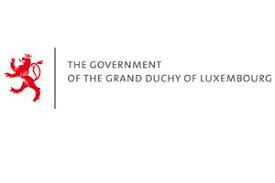Reforms of public financial management (PFM) systems are a key area of support that development partners and the World Bank in particular provide in many post-conflict environments. This eight-country comparative study seeks to capture experiences, successes, and challenges with PFM reforms in post-conflict contexts in systematic ways and to use such a mapping as a basis for lesson learning and recommendations for this important area of support to state building.
Country cases include Afghanistan, Cambodia, the Democratic Republic of Congo, Kosovo, Liberia, Sierra Leone, Tajikistan, and West Bank and Gaza. Key findings from the analysis are the following: (1) PFM reforms are feasible even in challenging post-conflict environments with initially very low skills and even where insecurity continues; (2) seeking international recognition and/or major debt relief have been important motivating factors for governments to pursue PFM reforms; (3) in most countries, the relatively greatest progress has been achieved on budget execution, while progress on budget planning has been more limited, especially on advanced reforms such as medium-term budget frameworks and program budgeting; (4) progress on budget accountability has been uneven across countries and appears to depend most strongly on political buy-in.





